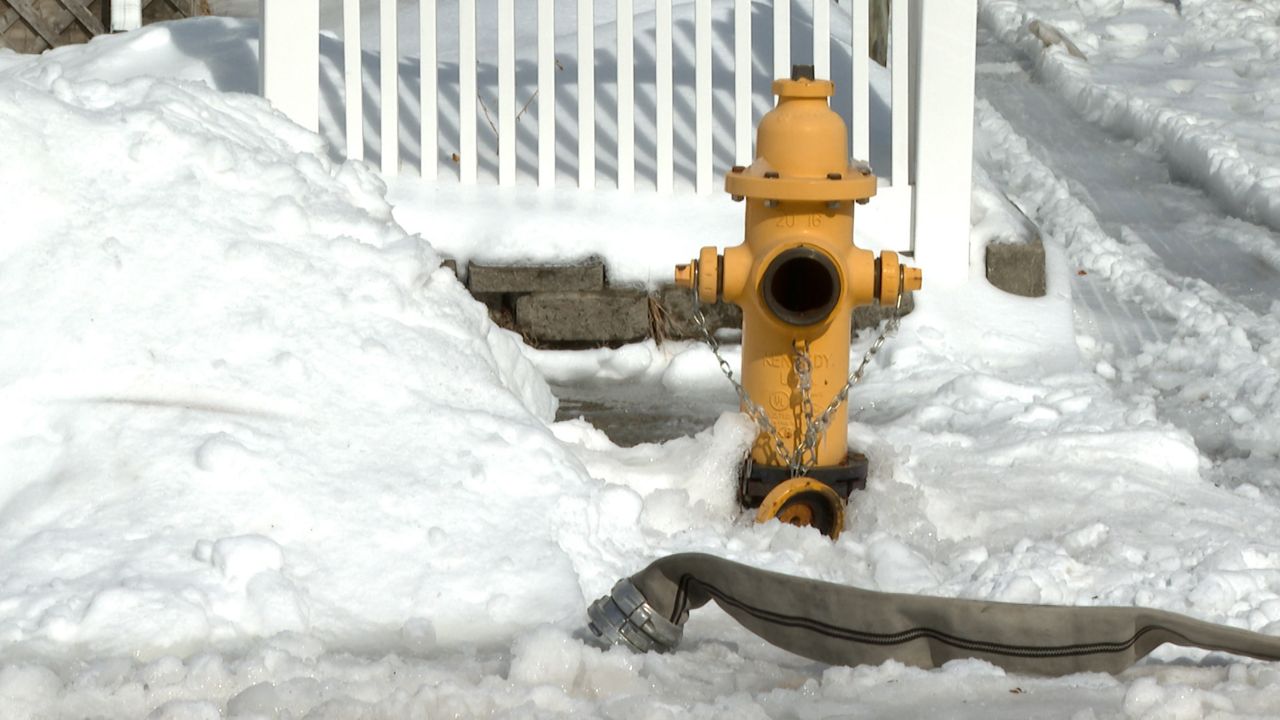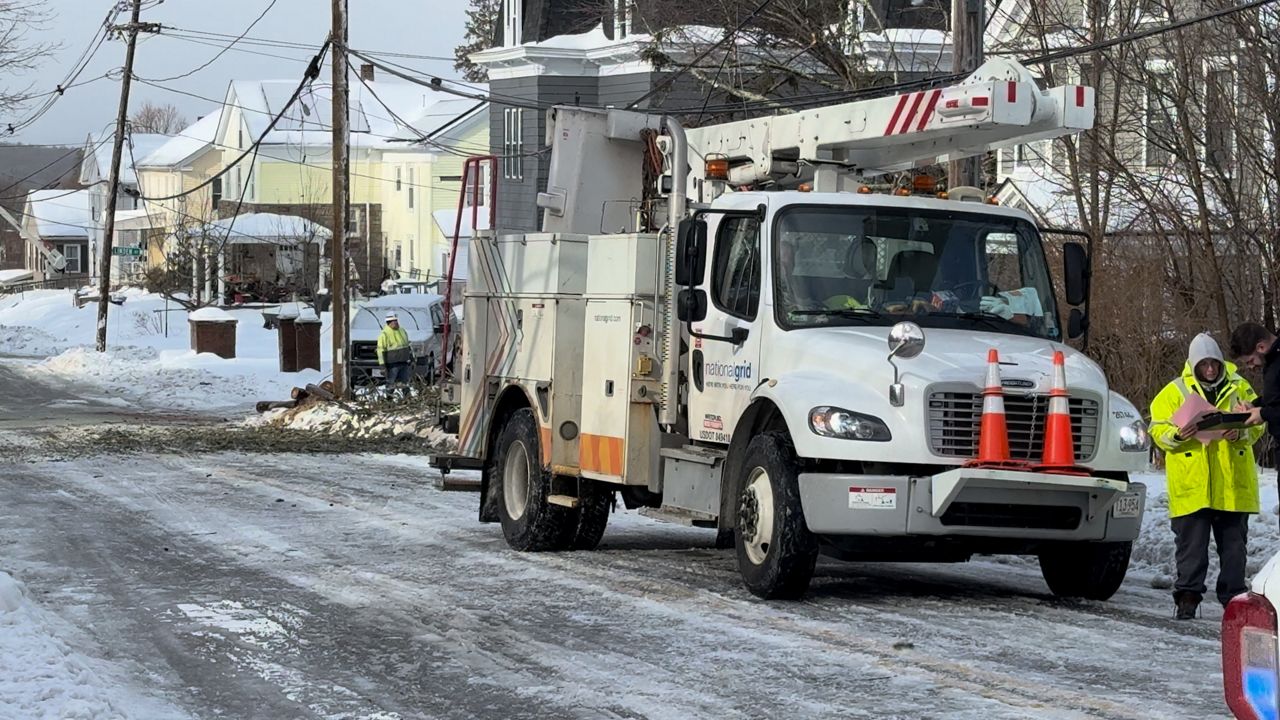WORCESTER, Mass. - Massachusetts leaders are issuing new guidance on the state’s bird flu response, suspecting the virus is behind recent reports of large groups of dead birds in several communities throughout the state.
What You Need To Know
- New guidance was issued on Tuesday for possible cases of bird flu in Massachusetts
- The public is urged to report discoveries of five or more dead birds in a single location
- There is also new guidance for farmers to protect their chickens and other animals
- The bird flu is not currently considered a risk to the general public, but state health leaders continue to monitor the virus
Highly pathogenic avian influenza, also known as the bird flu, has been circulating in Massachusetts since early 2022, but state ornithologist Andrew Vitz said the state is currently seeing its largest outbreak, likely extending far beyond suspected cases in Plymouth, Brockton and Hudson.
“We’re not sure what’s going on, why we’re seeing this bigger outbreak today,” Vitz said. “The virus certainly changes a lot as viruses do. The analysis of the current virus hasn’t been completed to date. So there’s just a lot of data and information that we have yet to receive. Some of those questions may be answered at a future time.”
State epidemiologist Dr. Catherine Brown said while the bird flu can occasionally infect humans, it is not mutated in a way where it can infect people easily.
This week, more than a dozen experts told the New York Times they’re worried an eventual mutation of greater risk to humans could be possible given the flu’s circulation among farm animals across the country.
Dr. Brown said as part of routine flu surveillance, the state also tests people for the bird flu, and there have been no confirmed cases in Massachusetts.
“Public health authorities still consider the risk to the general public from the current H5N1 avian flu to be low, but we're all maintaining situational awareness and preparing in the event that those mutations happen,” Dr. Brown said.
The public is urged to avoid handling birds and other wildlife and keep pets away, particularly cats, which are more susceptible to the bird flu. People who own chickens should also keep them inside a coop.
People should also report observations of dead wild birds to MassWildlife if five or more are found at a single location. Sick or dead poultry and other domestic birds should also be reported.
John Herbert, director of bird conservation at MassAudubon, said the organization has been getting a lot of questions about bird feeders, and while he advises people to keep their bird feeders clean, the virus doesn’t affect songbirds as often.
“It mostly affects waterfowl, ducks, geese and raptors, which are hawks, owls and vultures,” Herbert said. “It can affect their cognitive abilities, so they may be acting kind of weird, unable to fly properly. If you can, avoid touching them if possible, and report it to the state.”
While an official cause has yet to be determined for the rise in cases among birds, Vitz said a colder winter has resulted more of them gathering in large groups on frozen ponds, possibly allowing the virus to spread faster.
For more information on how farmers and the general public can protect their pets, livestock and other animals from the bird flu, visit MassWildlife’s most recent guidance.











